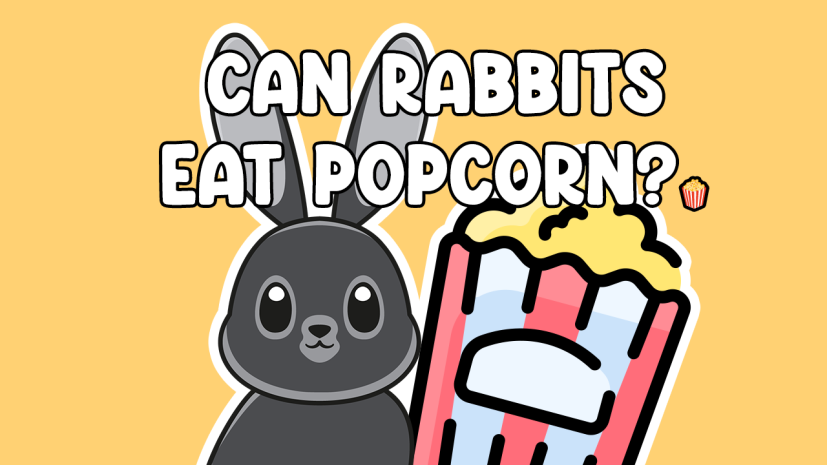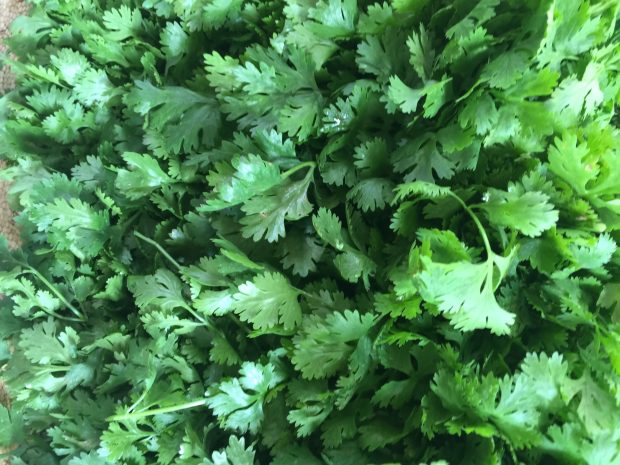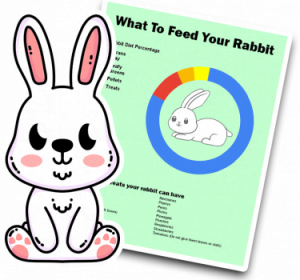
One of the biggest mistakes rabbit owners can make is feeding inappropriate foods, like popcorn, that can wreak havoc on a bunny’s health.
In this article, we will explore whether rabbits can eat popcorn, examine how a rabbit’s digestive system works, analyze the impacts of feeding popcorn, overview safe alternative treats, and address frequently asked questions rabbit owners have about diet.
The goal is to comprehensively examine why popcorn and many other human foods are unsuitable for rabbits. With proper knowledge, rabbit owners can avoid common mistakes and ensure their bunnies live long, healthy, and happy lives.
In short – no, rabbits cannot safely eat popcorn. The hard kernels present a choking hazard, the starch content leads to digestive upset, and the salt and butter many popcorns contain are unhealthy. While popcorn may look like an innocuous snack to us, it can be dangerous in the sensitive system of a bunny.
First, the choke risk popcorn poses is reason enough to avoid it. Rabbits have small mouths and throats compared to their body size. Kernels can easily get lodged during chewing or swallowing. Given how quickly bunnies eat, an obstructed airway can quickly become life-threatening if not immediately clear. Choking is a leading cause of death for pet rabbits.
For this reason, any food item that could potentially block their airway should be avoided. The shape and hardness of popcorn make it a prime choking candidate.

Even if a rabbit successfully eats popcorn without incident, the digestive issues the starch in corn can cause negate any benefits. Rabbits lack the enzyme alpha-amylase that allows for the proper breakdown of carbohydrates.
The starches in corn cannot be properly digested and instead ferment in the gut. This leads to painful gas, diarrhea, and potentially life-threatening GI stasis. Rabbits already have a propensity for these issues due to their sensitive constitutions. Feeding popcorn only compounds these risks.
Almost all popcorns contain unhealthy additions like salt, butter, or oil. Rabbits need to consume specific balances of nutrients like calcium and fiber – any excess fats, salts, sugars, or oils can cause obesity and associated problems like heart disease.
It only takes a small amount of these substances to impact a petite rabbit negatively. Owners should be mindful that most human snacks, including popcorn, contain unhealthy additions unacceptable for bunnies.
In summary, the choking and digestive risks and unhealthy fats and sodium make all forms of popcorn inappropriate for rabbit consumption. Well-meaning owners often equate tasty human foods with safe rabbit treats, but this logic does not apply to popcorn and other dangerous choices. Understanding a rabbit’s unique needs is key to providing healthy, wholesome foods.

To fully appreciate why popcorn and other starchy, sugary, or oily foods are detrimental for rabbits, it is important to understand how their digestive system functions. A rabbit’s GI tract has several key differences from human or carnivorous pet anatomy:
First, rabbits’ distinctive teeth allow them to break down the cellulose-rich plant foods that compose their natural diets. The continuously growing incisors and ridged molars grind tough fibers other animals could not process. Rabbits have accomplished this adaptation due to their herbivore niche.
Additionally, rabbits lack a vomiting reflex. Their small mouth size makes choking a greater hazard as obstructions cannot be ejected. It also means any foods that cause digestive upset cannot be expelled. Fermenting, gassy foods become trapped, their only avenue of escape the slow path through the GI tract.
Enzymatically, rabbits do not produce enough enzyme amylase to properly digest starches, especially in vegetables, grains, and fruits. While minimal amounts of these foods are tolerated, excess starch passes undigested into the intestines, where bacteria ferment them into painful gas.
The beneficial bacteria residing in a rabbit’s cecum are essential for nutrient synthesis but vulnerable to disruption. Sudden diet changes or unhealthy foods allow detrimental bacteria to proliferate, unbalancing this delicate microbiome.
The intestinal lining of rabbits is much more delicate than that of humans. Irritation from inappropriate foods can cause watery diarrhea or even life-threatening erosion. The slightest imbalance can have pronounced consequences.
Food passes rapidly through a rabbit’s short digestive tract, reaching the colon in as little as 18 hours. This limits how much nutrition can be extracted. For full nutrient digestion, rabbits pass food a second time as cecotropes which they ingest directly from the anus. Only after this process is nutrition fully obtained.
Given the digestive vulnerabilities described above, feeding rabbits popcorn can cause considerable harm. While the occasional kernel slipped during a movie night may only cause temporary upset, regular consumption of popcorn can have pronounced impacts on rabbit health including:
In addition to these long-term effects, popcorn can cause immediate harm through choking or the accumulation of corn kernels in the gut. Given corn cannot be properly digested by rabbits, whole kernels simply pile up and block the intestines in some cases.
The threats popcorn poses coupled with rabbits’ anatomical limitations make it irresponsible to feed pets such high-risk fare. While most owners have the best intentions, ignorance of proper rabbit nutrition causes needless suffering. By understanding the dangers specific human foods like popcorn pose, rabbit caregivers can optimize quality of life for their bunnies.
While popcorn is clearly hazardous for rabbits, there are many safe, healthy treat alternatives rabbit owners can offer instead including:

Rabbits should not be given starchy foods like bread or crackers, sugary foods like candy or cookies, greasy/oily foods like chips or fries, dairy products, meat, eggs, high-sodium foods like chips or popcorn, or human junk food in general.
No, rabbits should not eat peanut butter or any nuts/seeds. The high fat content is unhealthy, and peanuts can harbor mold deadly to bunnies. The sticky consistency is also a choking hazard.
Bread should be avoided as the starch content is too high for proper rabbit digestion. The simple carbohydrates cause digestive upset. Whole grains like oats are safer alternatives.
The complex carbohydrates in corn cannot be broken down by a rabbit’s digestive system. Whole kernels simply accumulate while the starches cause painful gas. Both effects can be very dangerous for a rabbit’s health.
Caring for a beloved pet rabbit requires vigilance in providing a healthy diet suitable for their sensitive systems. Well-meaning owners often equate human food treats like popcorn with safe snack options. However, the anatomy and constraints of the rabbit digestive tract make such foods hazardous. Understanding how rabbits process food helps illuminate why high-starch, sugary and fatty fare like popcorn can be so detrimental.
Rabbits thrive on a thoughtful mix of hay, greens, herbs and other high-fiber selections. With knowledge of rabbit nutrition and digestive needs, caregivers can help these charming pets live their best lives. While occasional mistakes occur, being mindful of health impacts allows for quick correction.
With a balanced diet, affectionate enrichment, and proper care, your rabbits will be happily hopping around homes for years to come.

By entering your email address you agree to receive emails from Cottontailclub. We'll respect your privacy and you can unsubscribe at any time.